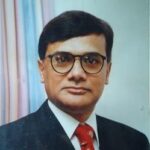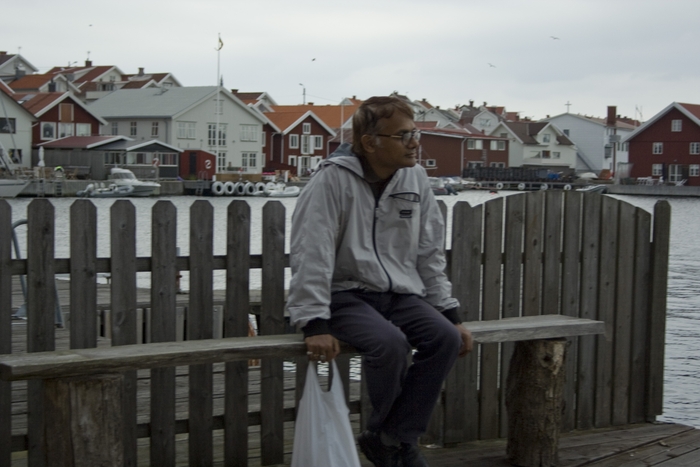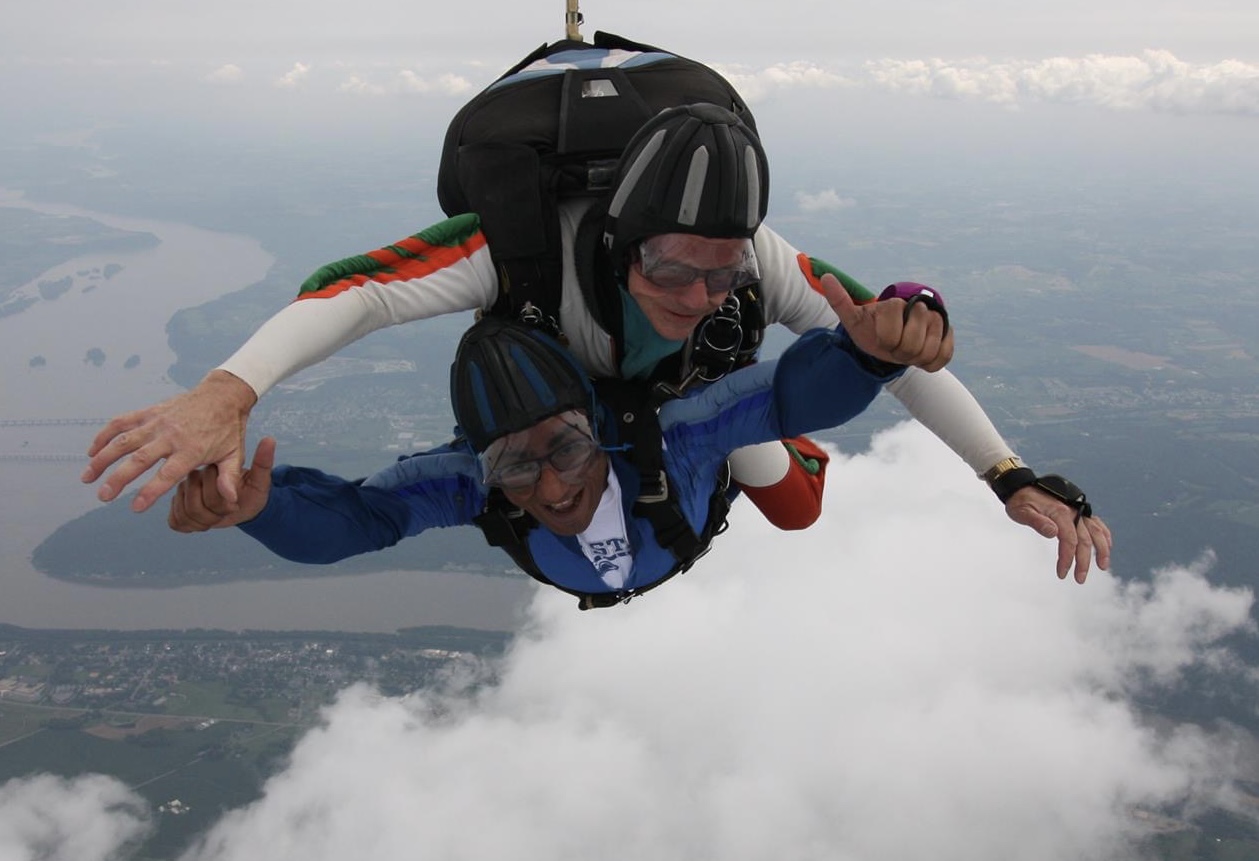August 2021 Volume 11, issues 8

DOWN THE MEMORY LANE
Growing up in the 1960’s, there was no way I could have avoided the influence of R.D. Laing, who in those days was a cult figure for all the impressionable teenagers. Much later, when I was earnestly training as a resident in psychiatry, Laing and his views began to make me very angry with the hopelessly simplistic spin to it. It was this anger that made me pay him a visit. We had a three-hour conversation and began to understand each other better despite our very different orientations.
It is commonly believed that those who are psychiatrists at heart nearly always have a personal agenda. I have no qualms confessing that I certainly did have one. One of my immediate forbears was an alcoholic who died at the age of 50 in the early 1930’s; another displayed severe psychiatric symptoms which incapacitated him for over 15 years before he let this world in 1946. There was no psychiatrist available in those days in the cities they used to reside in and the social stigma of a psychiatric consultation was not an eventuality the family was willing to endure.
I initially trained in paediatrics in Ireland and as lady luck would have it, obtained my Membership in a year. The road for my psychiatric career was open to me. In those days racial discrimination was ubiquitous and it was freely acknowledged that top centres did not short list candidates from certain parts of the globe. Dr.O’Kane insisted that I should apply to the Edinburgh training programme which with stalwarts like Morris Castrairs, Bob Kendell, Ian Oswald enjoyed a stellar reputation not just in the United Kingdom but internationally. I was to learn later that David had taken the trouble to personally phone Jim Affleck the Physician Superintendent to request him to give me a chance.
From there began my psychiatric career. By the time I finished my residency, I already had about a dozen papers and a book published. That certainly helped me obtain a position to work towards a doctorate in psychopharmacology and I continued with my work on sodium valproate in bipolar illness which in those days was regarded a quirky proposition; lithium was the only mood stabiliser in practice until my friend Hinderk van Emrich and myself published our findings independently; my paper earned me a higher doctorate.
One of the many fascinations with psychiatry was its holistic outlook and that is what prompted me to train as a barrister. I had by that time moved to work with the legendary Max Hamilton; his influence on me would require a full-fledged book. Moving on to the US, I became fascinated with the role of philosophy in understanding the human mind and completed a doctorate. Always fascinated with analysis, I underwent training as a Jungian analyst in Zuerich and later completed a doctorate in history of science from Cambridge under Roy Porter.
Now in my retirement, I am occasionally asked if I would proffer any advice to those about to embark on a career in psychiatry. My only advice is that in the course of clinical practice, we are faced with new questions every day. One should never lose the motivation to seek answers to all those questions and if in the process we have to cross over to another discipline, that is a sign of creativity and should never be avoided. Interdisciplinary boundaries are only for administrative convenience and not to hamper creativity. And they can repose trust in a veteran of 50 years in the profession with experience in 11 different countries that it is this that makes psychiatry the most rewarding specialty in the medical profession. I am in medicine because human beings are the most interesting creatures in the universe and in psychiatry because that is the most interesting branch of medicine.


